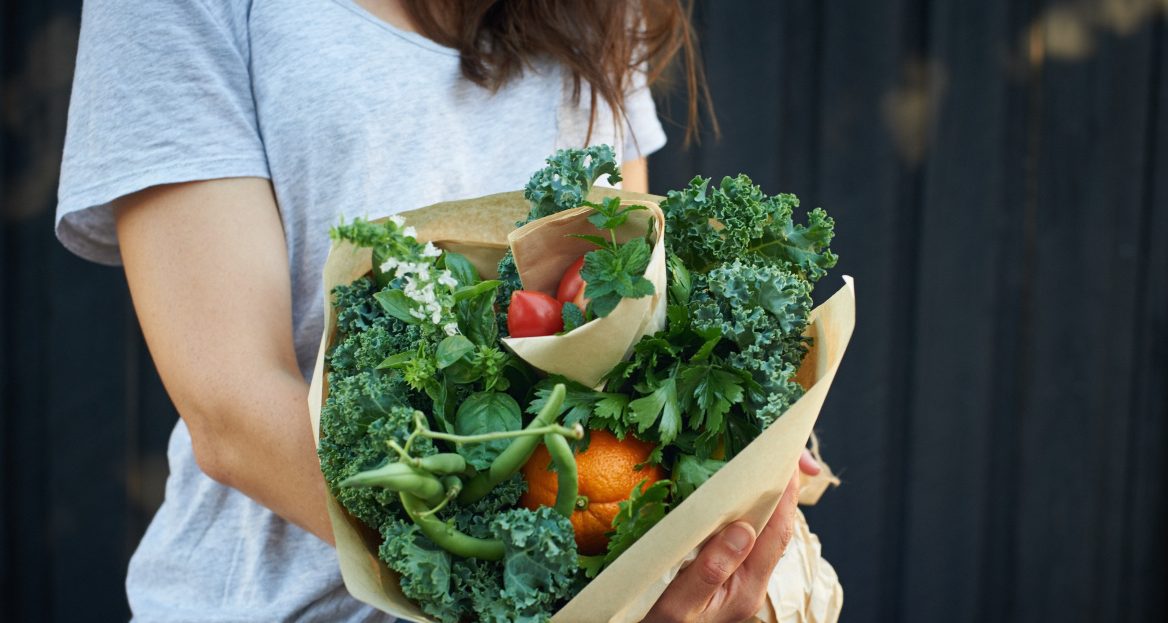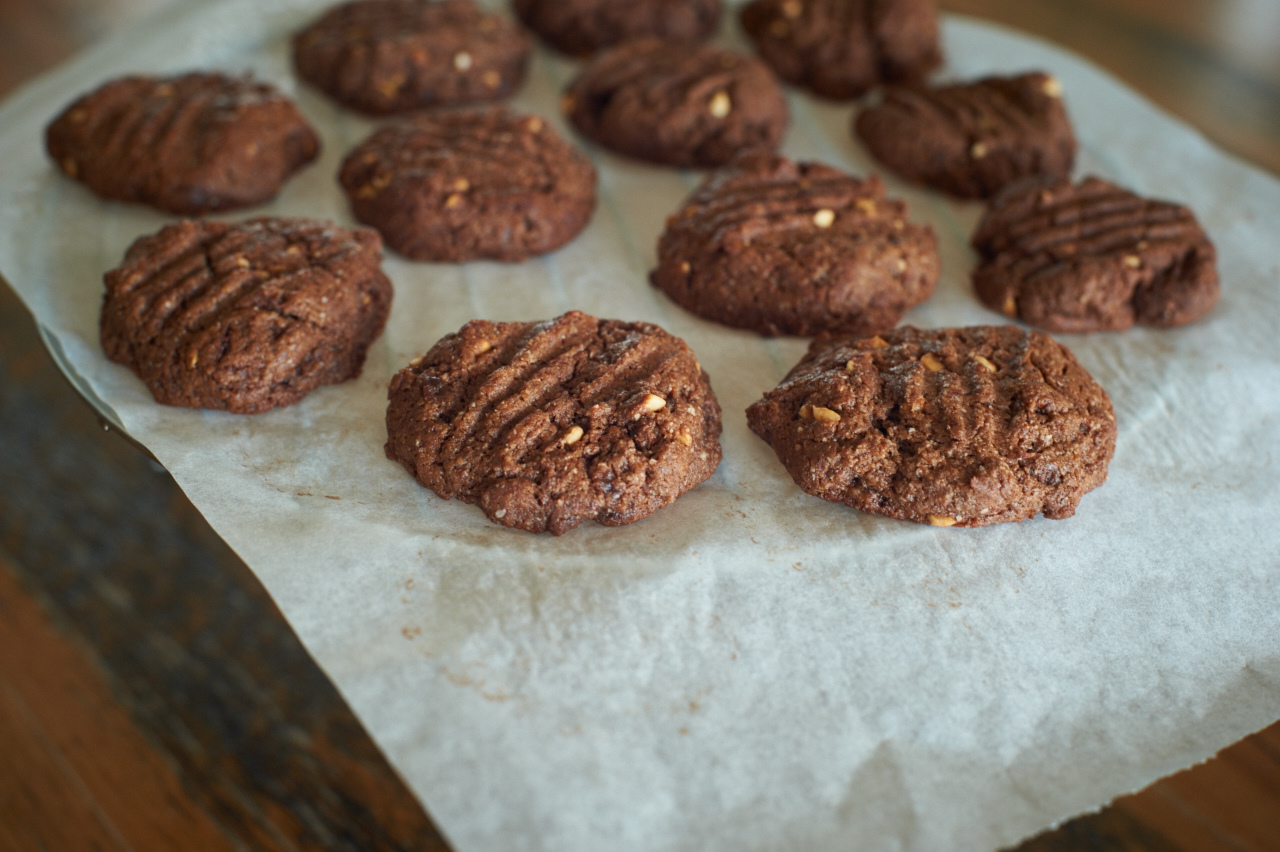A balanced and nourishing diet is important for all mothers postpartum. This blog post focuses on nutrition specifically for breastfeeding mothers (including those who are expressing breast milk).
When breastfeeding we do require a little more of certain nutrients, for example a mother’s vitamin C, iodine, choline and energy requirements are all increased. Below is a summary of things to consider if you are breastfeeding (and/or expressing breast milk).
- Regular meals and snacks – your body requires more energy to produce breast milk so you are likely to have a bigger appetite. Adding extra snacks and/or enjoying slightly larger serve sizes will satisfy your hunger plus ensure you meet your needs. The best thing to do is to listen to your appetite.
- Foods from all the food groups and a variety – Eating a wide variety of foods and meals exposes your baby to a wide variety of flavours (which may help them to be a less picky eater in the future!). Each day include foods from all food groups, these being breads and cereals; fruit and vegetables; meat, poultry, fish, eggs and/or other sources of protein such as legumes, tofu and/or nuts; dairy or dairy alternatives as well as small amounts of fats/oils such as olive oil and avocado. Including all foods and in particular the typical allergenic foods (such as nuts and dairy) is highly encouraged and beneficial, unless you have been guided by a health professional to do otherwise (and of course, unless you have a food allergy).
- Fruits and vegetables – your vitamin C needs are increased so including vegetables (cooked or raw) at both lunch and dinner plus fruit daily (2-3 pieces) will help you obtain plenty.
- Include iron rich foods daily – making sure you include a few iron rich foods daily will help maintain your healthy iron stores. Iron is found in red meat, poultry, fish, legumes, tofu and tempeh as well as green leafy vegetables (e.g. spinach, silverbeet, kale) and green vegetables (e.g. broccoli, green beans).
- Include calcium rich foods daily – while lactation does not require a higher calcium intake it’s important to make sure you meet your needs to protect your bone health. If requirements are not quite met, just like during pregnancy, breast milk will contain enough for baby but a mother’s bone health can suffer. Dairy is a fantastic source of calcium (cow’s milk, cheese and yoghurt) as are plant alternatives as long as they are enriched with calcium (e.g. calcium fortified soy, oat and almond milk). Other sources include tofu, sesame seeds, un-hulled tahini, sardines (including their tiny bones), almonds and dark green leafy vegetables. I encourage my clients to include dairy or dairy alternatives daily (aiming for 2 serves at least) as well as one or more other sources of calcium daily (e.g. green leafy veg).
- If vegetarian or vegan – make sure you eat enough foods that are rich in protein, iron, B12 and calcium. Supplements may be helpful too. If unsure, it’s best to seek personalised advice. Many vegetarian and vegan breastfeeding mothers benefit from a supplement as it can be tricky to meet one’s needs (e.g. iron and B12).
- Boost foods rich in iodine and choline – your needs for both are increased (just like during pregnancy) so it’s helpful to boost foods which contain these nutrients. Choline is found in eggs, fish, meats, dairy and legumes and iodine is found in kelp (seaweed), seafood, iodised salt and iodine fortified foods such as some cereals and breads. There are breastfeeding supplements which are helpful for some women (in particular vegan mothers), once again it’s best to seek personalised advice regarding this.
- Fluid – With increased water needs, hydration is important! Drinking enough water is important for milk supply but to also keep you hydrated and help keep you feeling bright. Drinking enough will also help keep your digestive system working well. If breastfeeding and not keeping fluids up, generally milk supply will stay sufficient however a mother can really feel it – constipation can occur due to low water intake and tiredness is heightened. We all have different needs when it comes to water but aiming for around 2 litres a day is a good amount to aim for.
- Alcohol – When we drink alcoholic beverages, alcohol does pass into our breastmilk so it’s important to be aware of this. Avoiding alcohol before and while feeding is beneficial. If you are wanting to enjoy a glass of wine here and there chat with your healthcare provider (GP, obstetrician) about what’s safe for you (they will be able to guide you on a safe amount and timing of drinks).
- Caffeine – Like with alcohol, caffeine does sneak into our breast milk so it’s beneficial to go easy on caffeine containing drinks and foods. Caffeine is found in coffee, black tea, green tea, chocolate, cola and energy drinks. Moderation is beneficial but the amount and timing of caffeine consumption in relation to when you feed is what’s most important. Once again seek personalised advice on this so that you know what’s safe for baby. For us mothers, too much coffee can make us feel tired so while coffee is absolutely fine to enjoy it’s always beneficial to enjoy in moderation.
- Seafood – just like during pregnancy, it’s beneficial to avoid all high mercury fish. Including low mercury fish weekly is however extremely good for us (and baby). Salmon, sardines, tuna and mackerel are a few great examples of superb fish that are high Omega 3 and protein plus provide us with other important nutrients (e.g. zinc and iron)
Other considerations:
- Medications and supplements – if unsure, always check with your health care provider to make sure that your medications and/or supplements are safe and suitable for you and for breastfeeding.
- Vitamin D – low vitamin D is extremely common so it’s important to have your levels checked prior to, during and also after pregnancy. If a mother’s vitamin D is low during and after pregnancy, breastmilk vitamin D can also be low. In this case a supplement for mother (and sometimes also baby) is required. Unfortunately, we cannot obtain adequate amounts of vitamin D through our diet (small amounts are found in fish and some vitamin D fortified food products), the only way to maintain healthy levels is via exposure to natural light (UV rays) and if required also supplementation. If unsure whether a supplement might be beneficial for you, speak with your health care provider (i.e. GP/Obstetrician).
- Some foods can cause tummy upsets in babies – common culprits are cabbage and onions. It’s worth being aware of this so that if your baby is one day very ‘gassy’ and appears to have tummy pain due to wind you can pinpoint what might have contributed.
- If your baby experiences a reaction that may be related to something in your breast milk such as a rash, irritability, diarrhoea, unusual stools (e.g. explosive or consistently green/black stools) – be quick to consult your health care provider (notify and seek guidance from you GP, specialist infant GP and/or Dietitian).
- Difficulty feeding and/or concerns about milk supply – several factors can make a difference such as feeding method, attachment and frequency of feeding. Feeding difficulties can sometimes be due to discomfort experienced by a baby such as tummy troubles or irritability which may be caused by one or several factors. If struggling with feeding consult your GP or lactation consultation early on (I highly recommend the specialist GPs at Adelaide Mums and Babies Clinic). Apart from adequate nutrition and hydration, Galactagogues are sometimes helpful for boosting milk supply. Galactagogues are found in both some foods, herbs and medications. I will expand on this topic in another blog post soon, where I share a ‘lactation cookie’ recipe which provides an example of how you can easily include natural galactagogues in your diet to help boost your milk supply. For now, below are a few great galactagogue foods and examples of how to incorporate them in your day.
- – Oats (enjoy as porridge, in muesli, add to a cookie recipe to make oat cookies, add a spoonful of oats to smoothies, use oat flour in cakes, use oats, oat meal and/or oat flour in bliss balls, make muesli bars/oat bars, add oats to a fruit crumble, cakes or muffins)
- – Chickpeas (add to salads, curries, soups, veggies bakes, make hummus, make spiced crunchy roasted chickpeas – a great snack)
- – Dark green leafy vegetables (include in salads, soups, curries, stir fries, bakes, just about any dish! You can also add raw leafy greens to smoothies)
- – Nuts and seeds (these also easy to include daily, enjoy as a snack, add to breakfast cereal, salads, add to muffins, cookies, cakes, bars and bliss balls)
- – Fennel and fennel seeds (fennel the vegetable and fennel seeds are both great, fennel can be enjoyed raw in salads plus it’s also nice roasted and steamed, sliced and added to stir fries, in soups and bakes. Fennel seeds are lovely in dukkah, sprinkled over a salad or hummus, there are many recipes out there that include fennel seeds).
For further information on all things breastfeeding:
The Australian Breastfeeding Association website is a fantastic resource, providing valuable information, guidance and tips.
Photo: Thank you to my sister Pia for this photo, she breastfed her little boy Walter for just over 12months.



